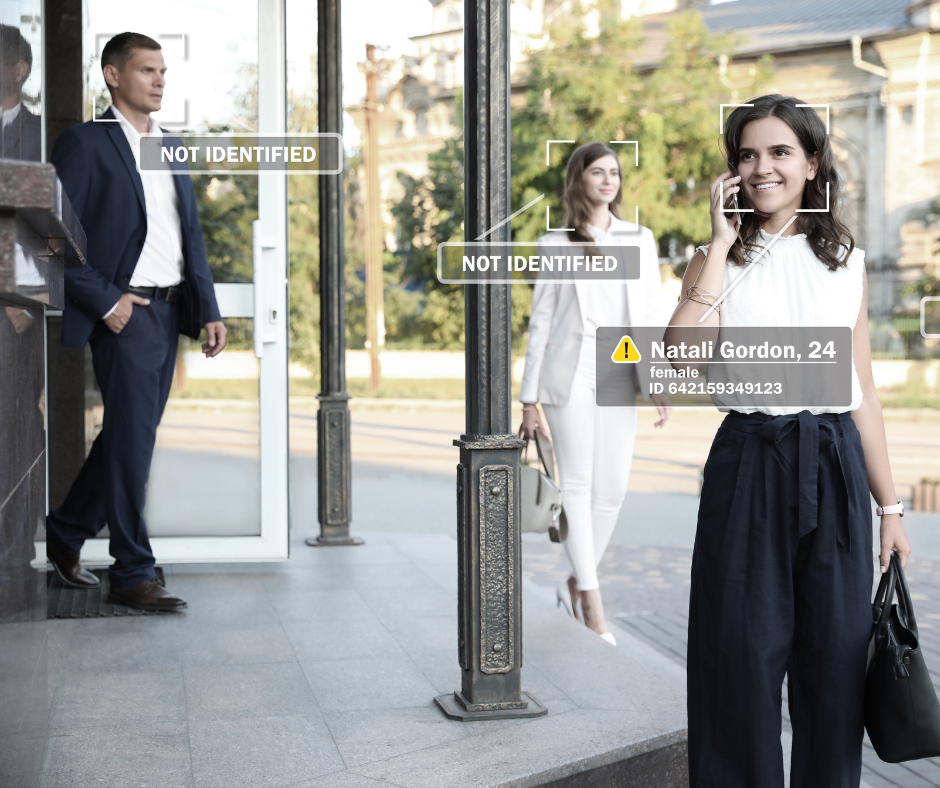Is Police Use of Facial Recognition Technology a Pandora's Box?
The government is advancing a bill that will enable the police to use facial recognition technology by the police. Using facial recognition software by law enforcement raises a number of issues including possible infringements on Israelis right to privacy.

The government is advancing a bill that deals with the controversial use of facial recognition technology in policing. This bill, that passed the Ministerial Committee for Legislation, touches on some of the most pressing issues in AI: (1) AI-driven facial recognition technology, (2) utilizing facial recognition as a preventative, mass-surveillance tool (rather than requesting a court-order to track a specific suspect), and (3) banning or restraining citizens from certain public places. Such uses of facial recognition software by law enforcement raises a number of issues:
- The depth of information collected: data collected from AI facial recognition does not stop with who and where you are at any given time. These technologies are capable of detecting your mood and potentially even private matters like your sexual orientation, giving law enforcement a harrowing level of highly sensitive information that is at the very core of our right to privacy—even when collected in the public domain.
- Errors, discrimination, and disproportionate targeting of minority groups, especially people of color: facial recognition software is trained on existing data from law enforcement systems, meaning it reflects our existing biases and is likely to lead to the over-policing of people with darker skin. Moreover, the software does a poor job distinguishing people from one another within certain populations, such as people of color, and is more likely to make mistakes identifying people in these groups.
- Concerns of data leaks and misuse among those with access to the information: we have already seen such incidents by the Israeli Police in the past, and it is not a stretch to envision this happening again.
- A chilling effect: an array of cameras in public space could prevent people from acting freely—for example, among other things, in exercising their political rights—out of fear of surveillance.
- A police force with military tools: such collection of general information, without a concrete purpose, puts the police in similar standing to agencies like the Shin Bet and the military. Putting this information in the hands of police fundamentally changes the checks and balances between the police and the public, and to a large extent between the police and the political echelon.
In terms of oversight, the facial recognition bill includes the requirement to report to the Attorney General and the Knesset Committee for Internal Security, but approval for the placement of biometric cameras sits squarely with the police, with no court supervision—neither in real time, nor after-the-fact.
These incredibly serious issues have led many democratic countries to ban law enforcement from the routine use of facial recognition systems. A number of US cities have banned it, and the new European Union AI Act comprehensively prohibits the real-time use of AI facial recognition systems by the police. Those who follow discussions on this matter in Europe will see that they explicitly state that facial recognition technology will be a distinguishing factor between democracies and dictatorships in the years to come.
